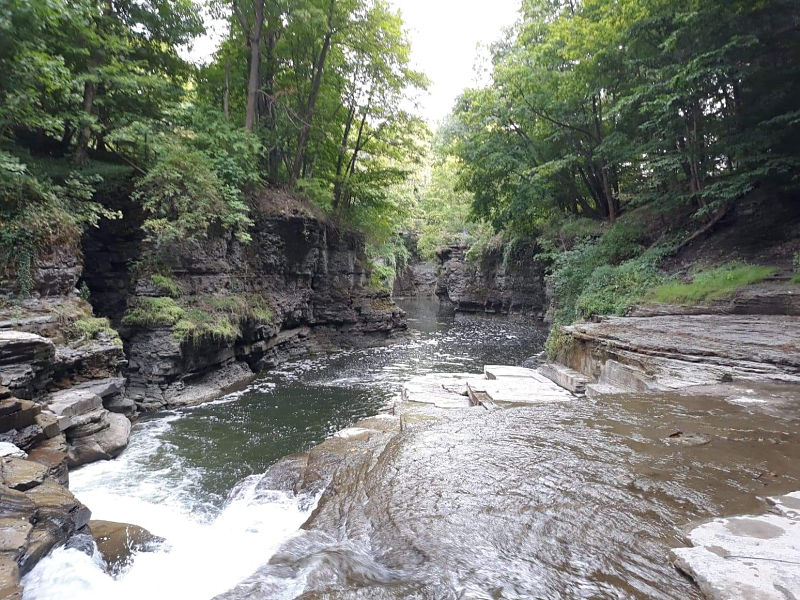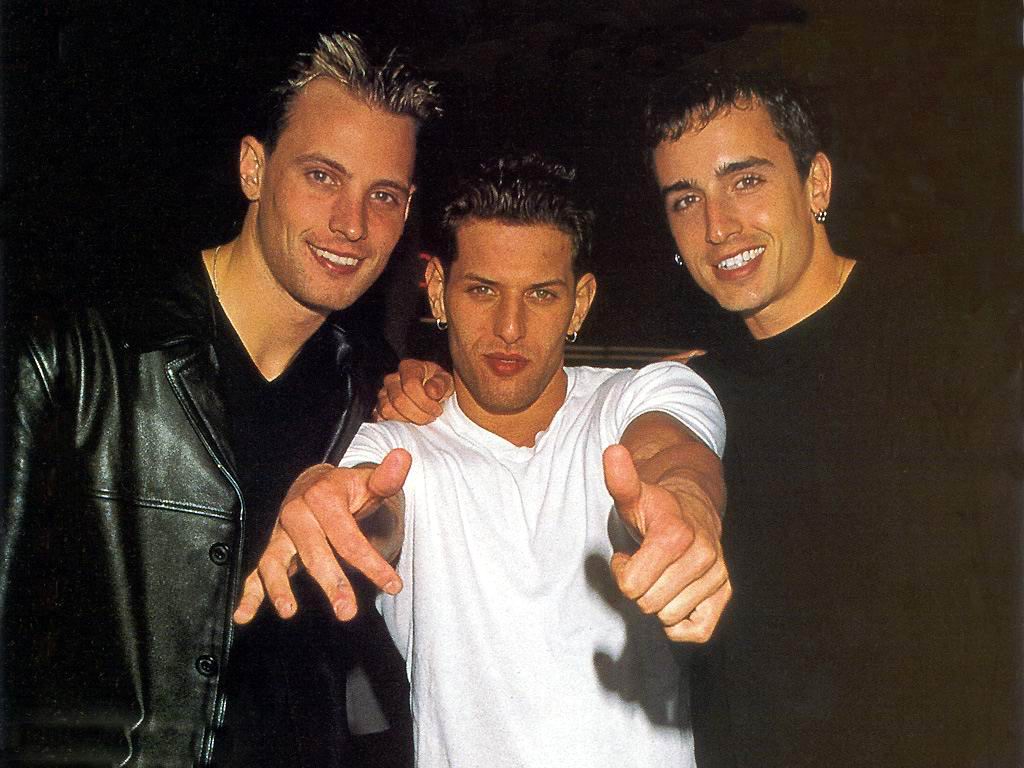Part One: Translation
Writing poetry in Irish forces you to think about translation, for practical reasons as well as artistic ones. For one thing, because I write in a minority language my poems are more often published with a translation than not. The majority of readers, who do not have Irish, will only ever read the translation. Even those who do read Irish will usually read the translation and compare it to the original.
However much I might yearn for the ideal Irish reader, the English translation is an inescapable part of the experience of reading my poems and the aesthetic impact of any given poem comes from a sort of negotiation between the original and the translation. This is kind of irksome to me but it is also apt. All poetry, and certainly all the poetry that I am interested in, is in part a negotiation between tradition and the individual poet, between a notional authenticity and a living artifact, between fidelity and assertiveness, origins and originality.
Some poets have addressed the problem of the translation creatively and have formed active artistic partnerships with their translators. Nuala Ní Dhomhnaill’s work with Paul Muldoon (whose connection to this city as poetry editor of The New Yorker is worth mentioning) have forged a very fruitful poetic team. Their joint work, poem and translation in friendly apposition rather than jostling for position on the page, may be seen as an artistic collaboration between two highly accomplished poets. The poetry resides not simply in the original poem, nor can it be located in the translation. It exists between them in a kind of dynamic tension between the source poem and its English version, in the gaps, historical and linguistic, between the Irish way of expressing an idea conceived in Irish and in that ideas translated equivalent. Ní Dhomhnaill and Muldoon have made a virtue out of an artistic necessity and a new poetry out of an old problem.
For me, as a non-native speaker of Irish, translation is also an immediate part of the artistic process. I am constantly aware that I come to the language, although it my literary home, as something of a tourist. I find the language, for all its familiarity, full of exotic delights. Turns of phrase strike me wonderfully rich and suggestive although I am sure they seem commonplace to a native speaker. I cannot afford to be ashamed of my status as a linguistic tourist. I comfort myself that Nabokov, Conrad, and the native Irish speaker Flann O’Brien all brought the outsider’s playful appreciation to their adoptive English and all are remarkable for their prose style and for the things that they did with the English language.
Some of the questions facing a poet in Irish are the same as those which confront any poet: what is the point of doing it at all? There is no money in it, and very little glory. Shelley might have been able to claim that poets were the unacknowledged legislators of the world, but Shelley was writing before the proliferation of television and the widespread availability of the Internet to working writers.
And if poets writing in English can feel aggrieved that the clout they have enjoyed historically has been usurped by boy bands and bloggers, the fall in status of the Irish-language poet has been dramatically greater. If English poets could be considered influential it was through insidious back-door means: as playwrights or courtiers or formers of opinion among the ruling classes, later as romantic visionaries or prototypical rock stars. The important point of Shelley’s observation is not that they were legislators but that they were unacknowledged. Irish poets by contrast had a uniquely high social status as poets.
In the bardic period of Irish poetry, poets held an exalted position in Irish society. They had a status, which combined the political the social and the artistic. Their patrons were chieftains who valued them highly. The verse forms that comprise such a huge part of the Irish bardic tradition were developed in a context where poets were professional, important and extremely technically accomplished. Very few poets working in the Irish language today could claim to be any of these things, and in fairness very few would presume to.
What all this means, though, is that to a poet who attempts to engage with the bardic tradition, all poetry contains an element of translation (as perhaps, if all language is metaphorical, all poetry does anyway). When I write with an awareness of the forms that make up the tradition, I am forced to engage with formal problems posed by a cultural context that no longer exists. I am trying, in a broad sense, to translate the historical tradition into modern Irish, for purposes that are anachronistically egotistical, and into a modern literary world that might seem absurd to the historical bard.
Everything is translation, from thought to word, from image to phrase, from one linguistic register to another and from tradition to modernity. If I can act as a translator for the language of my forebears into a vibrant living version of their Irish then I will have served them, and my own poetic concerns.
Part Two: Reinvention
Part of the problem of writing in Irish is the very basic one of vocabulary. The Irish language is, like all modern languages, deluged with English. Those cranks who set out to protect the language (and I am one of them) are forced to reckon not just with the contagion of English in the everyday life of native Irish speakers but with the constantly developing lexicon of modern life. Irish was in steep decline even before the Industrial Revolution (which has still to reach Ireland). We have no native word for a spinning jenny, never mind a jet engine or a flash drive.
The poverty of technical vocabulary makes it difficult to write a contemporary urban poem in good Irish. That difficulty, however, is not necessarily a bad thing. Peter Porter famously wrote that poetry “is a form of refrigeration that stops language from going bad” but poetry in Irish is forced to be more than just a linguistic cryogenics lab. The writing of poetry in Irish is an act of reinvention of the language. The description of twenty-first century life absolutely necessitates the finding of words with no historical precedent in the linguistic tradition. This may seem somehow presumptuous, and it is, but it is worth considering that just as metaphor is the basis of poetry, so it is the basis of all language.
All poetry operates by analogy, in the slipperiness of words and in the shifting similarities between images. Lexicographers in Irish have a more active role in the forging of the language than their counterparts in English. It is almost a creative role, even a poetic one. The word for spam, for example is turscar, which translates as something like “driftwood”, the stuff that gets washed up on the shore. To my mind that wilful renewing of the language at the most basic level of vocabulary is an act of poetry.

All language develops at least partly by this poetic process of analogy. (It’s obvious when you think about it: a mouse is not really a mouse, a Blackberry is not really a blackberry, a spinning jenny is not some sort of rotating donkey.) This means that words have a history which is metaphorical and poetic. The word for plagiarism in Irish, for instance, is bradaíl which is linked to bó bhradach, a stray cow. It makes the word rich in suggestion, connotation and poetic possibilities which are almost impossible to translate. The only example I can think of of a word for a lost cow straying into other areas of vocabulary in English is “maverick” which, richly suggestive though it is, is not really equivalent at all.
Since Irish depends for its continued existence on government patronage and the efforts of cultural activists, all Irish poetry is political to a certain extent, even if it doesn’t want to be. It is an assertion of pride, an appeal for identity, a staking out of cultural territory. And that is before you have even written a word. Admittedly the stakes for an Irish poet working now are not as high as for a classical bard – I am probably unlikely to have my tongue cut out for writing a satire, as did the sixteenth century poet Tadhg Dall Ó hUiginn. On balance this is probably for the best, but it would be nice to think that somebody cared enough about my poetry to be driven to such extremes.
What is at stake is the language itself, which is something most people do not care about. It is, in spite of heroic and ongoing attempts to revive it, a dead language. But it is also, as Nuala Ní Dhomhnaill famously put it in an article for the New York Times Book Review “the corpse that sits up and talks back.”
However, much as I love the language, I am a reluctant ambassador for it. Every poem I write becomes, quite without my permission, a sort of apologia for the language and its continued funding by the government. Writing in Irish places me in the category of Irish-language poets, and Irish-language poets are generally regarded by English-language poets much as you sort of suspect the Special Olympics athletes are thought of by certain “true” Olympians. It is true that when there are so few of us that it is relatively easy to get published, and indeed to establish a reputation. However I am always aware that I am a medium-sized fish in an impossibly small pond. The small enclosed nature of the Irish literary scene also makes for astonishingly bitter infighting and backstabbing, the “rabid egotistical daisy chain” that Heaney prescribes as hell for poets.
Still, to ask me why I write in Irish is to ask why I write at all. My love for the language is rooted in my love for my family, my ineradicable identity with my country, my own problematic self. It is in my blood and bone and that’s about as deeply as I can answer. All poetry is about language at some level, though, and like most poets, if I could properly articulate why I need to write poetry, I would probably not need to do it.




